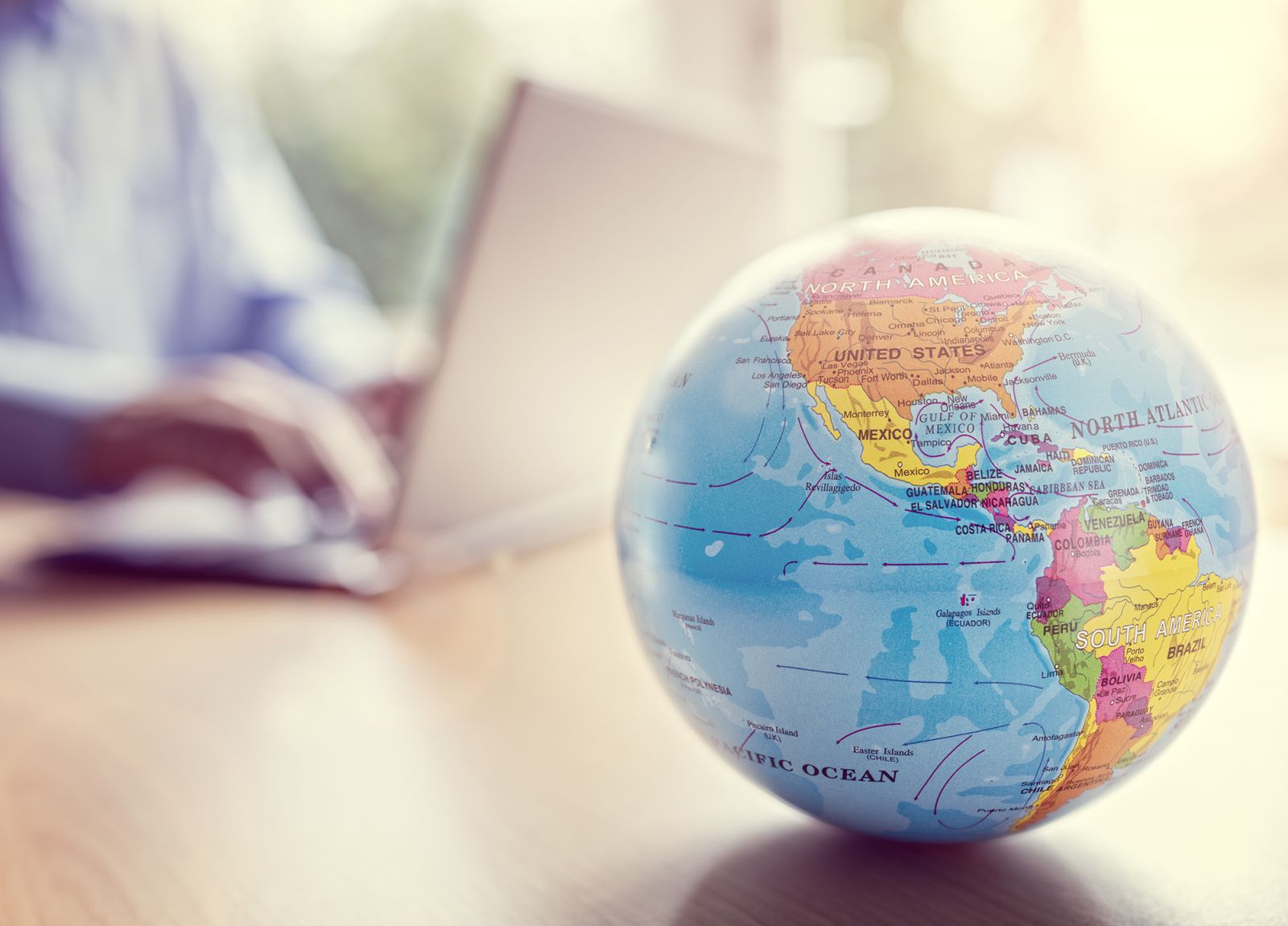
Overview
Please NOTE: Students who wish to enrol in this course must take DEVS 280 as a prerequisite and be Level 2 or above or registered in the Certificate in Global Action and Engagement (GAEN), and must complete a ‘Petition of Entry’ form, accessible under the course on the Global Development Studies website, as ofJanuary 1, 2023. Students must also secure placements that meet specific requirements and are expected to complete pre-departure documentation as well as other protocols. Please see the Global Development Studies page (above) for more details.
This course builds on the theory studied and skills developed in DEVS 280 Global Engagement by facilitating an 80-hour experience related to global engagement. Students will apply their theoretical understandings of global citizenship, motivations for engaging, postcolonial studies and self-reflexive practice when making decisions regarding the nature of the opportunity they plan to pursue for the experiential learning component. Emphasis will be placed on applying strategies for building ethical relationships with host communities and host organizations studied in DEVS 280 to the specific contexts in which students will be volunteering or working.
This course considers a globally engaged learning experience to be one that takes the form of a volunteer, practicum, internship, or work-related experience. It is designed to deepen a learner’s understanding of the social, political, cultural and economic forces that shape our understanding of development issues while also developing the practical and professional skills required for success in the field of global development.
Following Kolb’s experiential learning model, learners will be supported with preparatory academic work, guided reflection during the experience, and follow-up course material and activities upon completion of the experience (Kolb, 1984).
Learning Outcomes
Upon successful completion of the course, you will:
- Apply standards of best practice when making decisions about potential experiential learning options.
- Prepare for a global engagement experience by researching the political, economic, social and cultural environment of the region and organization where the experience will take place.
- Engage in a self-reflexive process to assess the impact of personal motivations, cross-cultural understanding, and race, gender and other identity factors have on interactions and relationships during the globally engaged experience.
- Collaborate with others before, during, and after a globally engaged experience to question historical patterns of engagement and representation, challenge assumptions and explore the complexity of issues.
- Develop professional skills, such as: leadership, adaptability, written & oral communication, inquiry and analysis, self-management, time management, collaboration, civic engagement and global learning, critical thinking and intercultural competence
- Draw connections between theoretical concepts related to global engagement and practical experiences in the field.
- Formulate plans for future action and engagement based on an analysis of the successes and challenges of a globally engaged experience.
Topics
Pre-Experience
- What core concepts from DEVS 280 will I apply in DEVS 362?
- What do I need to know about the social, political, cultural and economic environment of the organization and geographical location in order to have an ethical global engagement experience?
- What considerations need to be made in relation to risk management and health and safety while I’m globally engaged?
During the Experience
- What are my goals for this experience and how do they align with those of the host organization?
- How will the DEAL model support my critical reflection process?
- What questions can I ask of myself and my peers to encourage self-reflexivity during my global engagement experience?
- How can I challenge my own assumptions and learn through the perspective of another community?
- What kinds of successes and challenges did I encounter in the field?
- What theories, practices and strategies shaped the process or relationship building while globally engaged?
Post-Experience
- How can I tell others about my experience with global engagement in a way that is both self-reflexive and respectful of the relationships I built while globally engaged?
- What conclusions from this experience was I able to draw in relation to global development, action and engagement?
- How will I apply my learning in the future?

